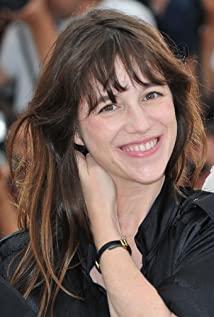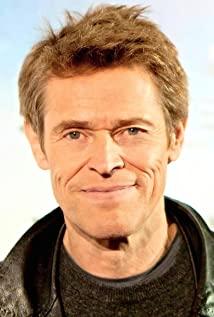Tower style has become Feng Lunzi's spiritual mentor. If Bergman hadn't stepped in to make his crazy side more deeply awakened or resonated with Feng Lunzi's rebellious nature, he would probably only be able to "metaphysically" quite well, but it's interesting. It is his rebellion, from the psychoanalysis and good (Christ) and evil (witch) ends, that is, the male/female level, to an extreme completion of an allegorical superstition (divine and demonic) analysis, and melancholy. The fear of the apocalypse of the disease is similar, and both works well reflect that Feng Lunzi has benefited the most from the tower in form, and is undoubtedly a believer of Bergman ideologically. This kind of influence acts on the creative level, and indeed, Feng Lunzi has opened up a new path. I think this work has a good perspective to understand. Men and women, as the two poles of split personality, are the carriers of divinity and demonic nature, that is, God and Satan. The two are endlessly opposed but yet one body is contradictory and struggling. , is the eternal progress in the depths of human nature, it can not only project an intimate relationship, but also a game of the integration of gods and demons in people's hearts. Of course, this work is bigger and has a more allegorical structure. From sadness→pain→despair→three beggars, we gradually deduce the awakening of a demon form of the anti-Christ (Satan) in the female world and his destruction by "Christ". The performance of the heroine is very amazing, which is basically a performance that is rarely seen once a year. The male lead is also very good, and Feng Lunzi's talent is also unparalleled.
View more about Antichrist reviews










